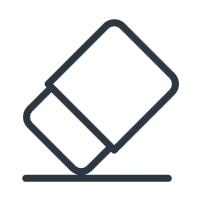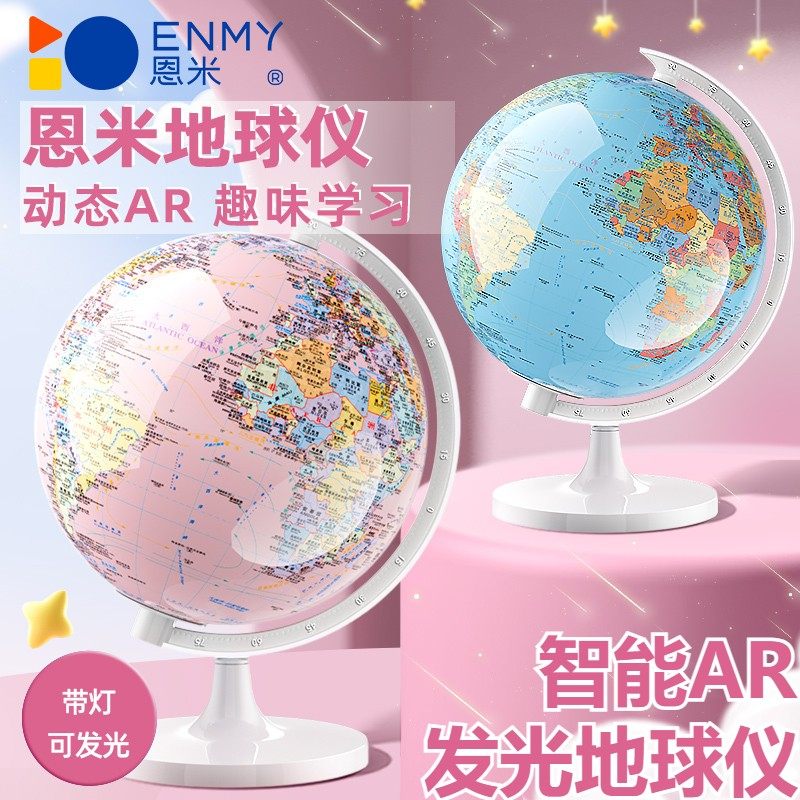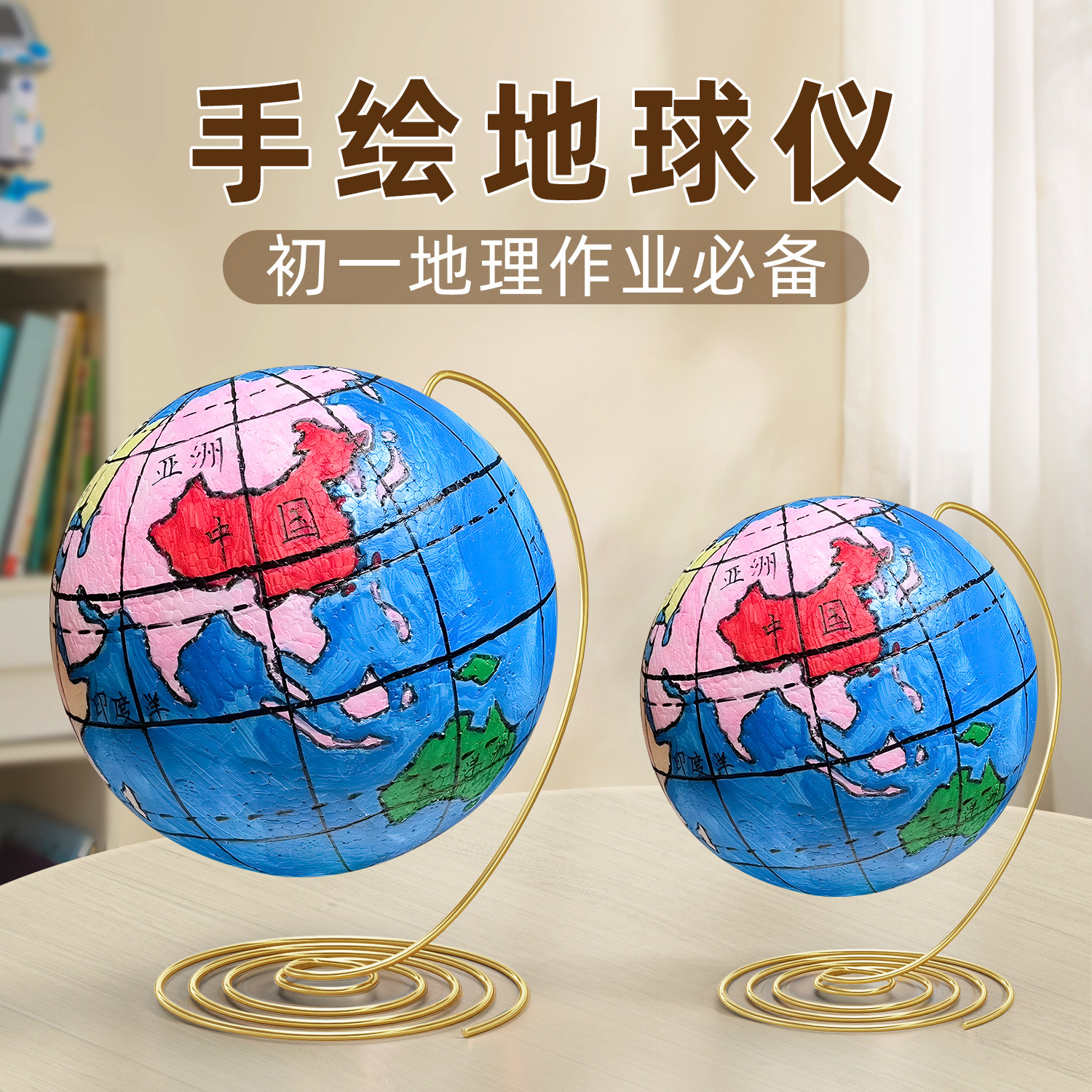学习用品全解析:如何正确选择与使用
峎迥匞
2024-11-07 04:00:55
0次
学习用品全解析:如何正确选择与使用
在我们的学习和工作中,学习用品是我们不可或缺的伙伴。从铅笔到电脑,从书本到电子设备,它们在我们的学习过程中扮演着重要的角色。因此,如何正确选择和使用学习用品就显得尤为重要。接下来,我们就来一起进行一次学习用品全解析。
一、学习用品的选择
1. 铅笔、钢笔和墨水
铅笔和钢笔是我们学习和工作中最常用的书写工具。铅笔适合初学书写或需要修改的时候使用,而钢笔则更适合正式的书写场合。在选择墨水时,我们应选择颜色鲜艳、不褪色的墨水,以确保书写的清晰度和持久性。
2. 纸张和笔记本
纸张的质量直接影响到我们的书写体验。好的纸张应该光滑、不透墨。对于笔记本的选择,我们应该根据自己的需求来选择大小、厚度和材质。例如,如果我们需要随身携带的笔记本,那么轻便和耐用就是我们需要考虑的重要因素。
3. 电子学习设备
随着科技的发展,电子学习设备已经成为我们学习和工作的重要工具。如平板电脑、电子阅读器等。在选择电子学习设备时,我们应该考虑其性能、电池寿命、价格等因素,以及其是否符合我们的学习需求。
二、学习用品的使用
1. 正确的书写姿势
正确的书写姿势对我们的眼睛和手都有好处。我们应该保持笔与纸的垂直角度,手指与笔的距离适中,这样既可以保证书写的速度,又可以保护我们的视力。 2. 有效利用学习工具 不同的学习工具和设备有其独特的用途。例如,我们可以用纸质笔记本记录重要的信息,用电子设备查找资料和完成作业。通过合理利用这些工具,我们可以更高效地完成学习任务。 3. 定期整理和维护学习用品 定期整理和维护学习用品是保持其良好状态的关键。我们应该定期清理和保养我们的学习用品,如铅笔、钢笔、电子设备等,以确保它们在需要时能够正常工作。 三、学习用品的英文解析:How to Choose and Use Study Tools Properly? In our learning and work processes, study tools are our indispensable partners. From pencils to computers, from books to electronic devices, they play an important role in our learning process. Therefore, it is particularly important to know how to properly choose and use study tools. Let's explore the complete analysis of study tools. I. Selection of Study Tools 1. Pencils, pens and ink Pencils and pens are the most commonly used writing tools in our learning and work. Pencils are suitable for initial writing or when modifications are needed, while pens are more suitable for formal writing occasions. When choosing ink, we should choose bright colors and non-fading ink to ensure clarity and durability of writing. 2. Paper and notebooks The quality of paper directly affects our writing experience. Good paper should be smooth and not absorb ink. When choosing a notebook, we should consider factors such as size, thickness, and material based on our needs. For example, if we need a notebook that can be carried with us, then lightweight and durability are important factors to consider. 3. Electronic learning devices With the development of technology, electronic learning devices have become an important tool in our learning and work. Such as tablets, e-readers, etc. When choosing electronic learning devices, we should consider factors such as performance, battery life, price, and whether they meet our learning needs. II. Use of Study Tools 1. Correct writing posture Correct writing posture is beneficial to our eyes and hands. We should maintain a vertical angle between the pen and the paper, with a moderate distance between the fingers and the pen. This can ensure both writing speed and protect our vision. 2. Effective use of study tools Different study tools and devices have their own unique purposes. For example, we can use paper notebooks to record important information and electronic devices to search for information and complete assignments. By making rational use of these tools, we can complete learning tasks more efficiently. 3. Regular organization and maintenance of study tools Regular organization and maintenance of study tools is the key to maintaining their good condition. We should regularly clean and maintain our study tools such as pencils, pens, electronic devices, etc., to ensure they work properly when needed.
上一篇:地球仪详解:一个学习的宝贵工具
相关内容
热门资讯
儿童学习必备:如何选择合适的地...
摘要:选择适合儿童的地球仪和文具至关重要,应考虑用途、尺寸、质量、精度和孩子年龄等因素。铅笔、橡皮、...
探索未知的地球:地球仪在科学学...
地球仪在科学学习中价值巨大,特别是地理教学和科学研究中。其以立体形式展示地球信息,可直观了解地理特征...
"为学习添彩:十种必选的学习用...
文章介绍十种必选学习用品,如铅笔、钢笔、彩色笔等,并探讨它们与地球仪的配合使用方法,如地图与地球仪印...
学习用品中的佼佼者:多功能地球...
本文为多功能地球仪的选购指南,重点从尺寸材质、功能特点、精确度和质量、品牌价格等方面介绍如何挑选。地...
"科技与传统并存:10款顶级学...
科技与传统结合,10款学习用品与地球仪搭配,如电子书、平板、智能笔等,提供直观、互动的地理学习体验,...
探索地球奥秘:从学习用品到地球...
旅程探索地球奥秘:从学习用品至地球仪,深入发现未知,了解地形、气候和地球运行规律,挖掘无尽奥秘。地球...
地球仪:探索世界的窗口
地球仪作为探索世界的窗口,不仅提供地理信息,还是教学和艺术创作的宝贵资源,并在日常生活、旅行规划、商...
探索学习用品的新世界:地球仪与...
本文探讨了地球仪的魅力、在日常生活和教育、旅游、科研等领域的作用及未来发展。地球仪作为学习用品,融合...
学习者的好助手:全面了解学习用...
文章概述了学习用品如文具和电子设备的重要性,以及地球仪在了解地理环境方面的作用。学习用品可提高学习效...
环保学习用品:绿色生活从我做起
摘要:环保学习用品指采用环保材料制成的、对环境影响小的学习用具。选择环保学习用品可保护环境、培养环保...



